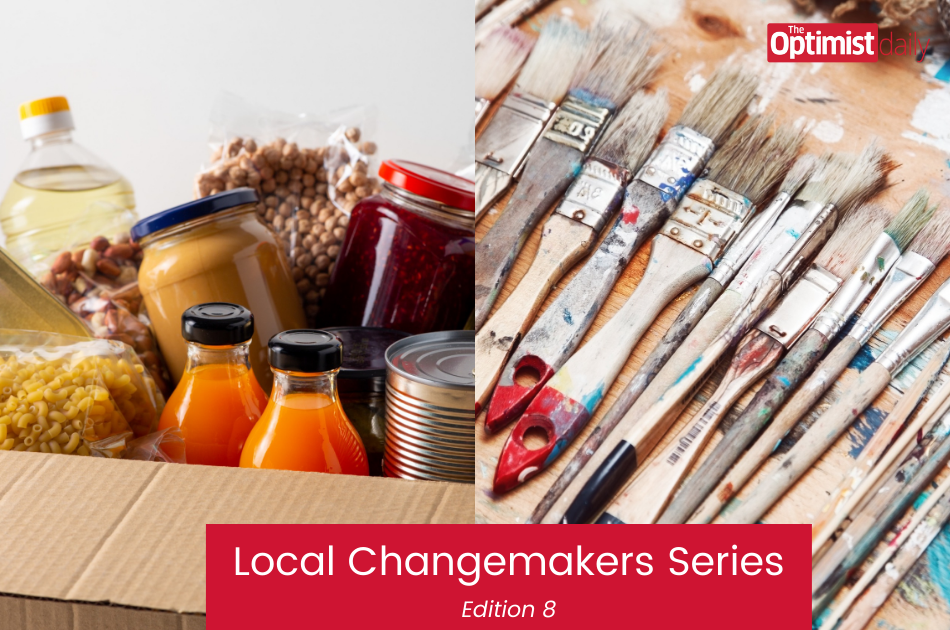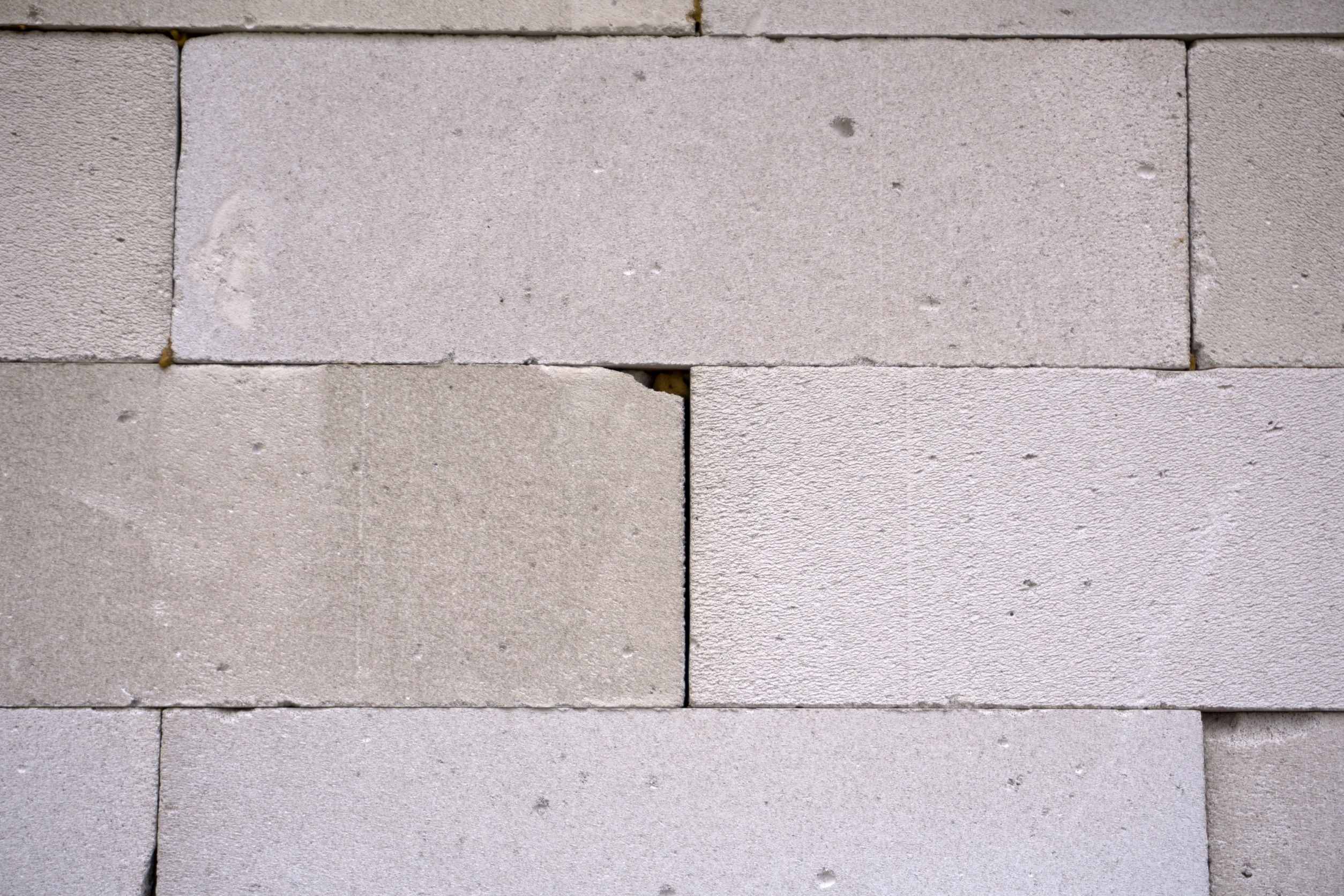Many small businesses were left paralyzed and suffering this year because of the pandemic, especially those that are owned or led by women. Women-owned or led businesses historically have a harder time accessing markets and putting their products in front of potential consumers, and the health crisis has only made running businesses harder. Three million women have left the labor force since Covid-19 first hit for a variety of reasons, much of it to do with pay inequity and inadequate childcare.
A new Mastercard credit card launches this spring that hopes to incentivize consumers to support women in the marketplace.
The credit card, called the “Card by Seneca Women,” was created by female-centered media company Seneca Women, in partnership with credit company Deserve. Applications for the card opened earlier this month. Holders of this card can look forward to a monthly refund of three percent on purchases made at more than one million women-owned or women-led businesses.
As reported by CBS News, The card was already in the works before the pandemic, but Kim Azzarelli, CEO and co-founder of Seneca Women, recognized that once the pandemic hit, the launch of this card could not have come at a better time.
Some of the companies that are included in the Seneca Women Marketplace are re-innovated businesses that have come from the ashes of the pandemic, like Lorrie King’s beauty line directed at women over the age of 40, Caire.
The health crisis dried up her work as an independent consultant, so with her schedule cleared, she put all the energy she had into Caire. For new small businesses, pushing yourself out on the digital marketplace can seem impossible when you’re up against already established companies. Some of this stress is alleviated for King, who asserts that being part of the digital network that Seneca Women marketplace provides for her is invaluable.
The Seneca Women Mastercard hopes to help women gain the influence they want and deserve in sectors like business and government. Patronizing women-owned businesses can only be good for the economy—it’s an added bonus that it can benefit our own wallets, too.












